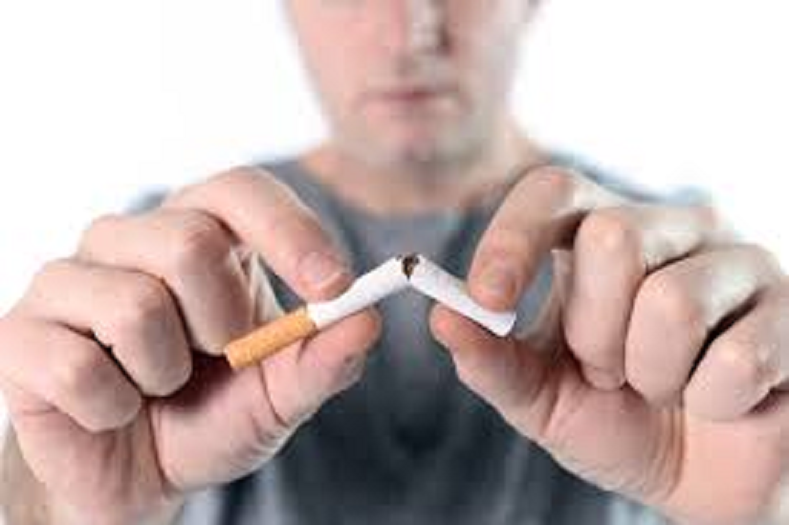Why are people who don't smoke bidi-cigarettes and cigars also getting lung cancer? This reason will scare you.
- bySherya
- 25 Jul, 2025

Some people are genetically at higher risk of developing lung cancer. Certain mutations in the EGFR gene are common in non-smoker lung cancer patients, particularly in females and young patients.

Earlier, lung cancer was associated only with smoking, but now its cases are increasing in non-smokers as well. It is caused by the uncontrolled growth of lung cells. Researchers have found that apart from smoking, many other factors are also responsible for it. These include exposure to air pollution, radon gas, other people's cigarette smoke, genetics factor, smoke from cooking and some viral infections. This is a growing global health challenge, to deal with the threat of which, raising awareness and early detection is very important.
Air Pollution
Small particles like PM2.5 can enter the lungs and cause cancer. A 2022 study showed that air pollution activates sleeping mutations already present in lung cells, which can lead to cancer.
Radon gas exposure
Radon is a colorless and odorless radioactive gas that can leach out of the ground and accumulate in homes, especially basements. According to the EPA, it is the second leading cause of lung cancer and is a major cause even in non-smokers. It is difficult to identify without special equipment.
secondhand smoke
Even if you don't smoke yourself, you can still get cancer from someone else's smoke (secondhand smoke). According to CDC data, every year in the US alone, 7,300 non-smokers die from lung cancer caused by secondhand smoke.
Genetic sensitivity and mutations
Some people are genetically at higher risk of developing lung cancer. Certain mutations in the EGFR gene are common in non-smoker lung cancer patients, particularly in females and young patients. The good news is that targeted treatments are now available for cancers with these mutations.
Indoor pollution from cooking fumes
In developing countries, cooking on biomass fuels such as wood, coal or cow dung emits harmful smoke, which increases the risk of lung cancer. A 2020 study showed that the risk is especially high among women who spend more time cooking at home. Oil smoke emitted during frying is also a cause of cancer.
Viruses and Infections
Researchers are also finding that some viruses such as HPV and EBV can trigger lung cancer in non-smokers. These viruses can cause changes in cells that gradually lead to the formation of tumors.
Awareness is important in lung cancer
The rising incidence of lung cancer in non-smokers is a major concern. According to the Lung Cancer Research Foundation, by 2025, this disease will become the leading cause of cancer deaths worldwide. In non-smokers, this cancer is often detected at a late stage. Therefore, early diagnosis and detection is very critical. Many countries are now revising their screening guidelines to include factors such as pollution exposure and genetic risk. Apart from this, increasing awareness about environmental risks, getting air quality tests done in homes and promoting clean cooking techniques can be very helpful in preventing this disease. This is a global health challenge, which requires a comprehensive approach.






